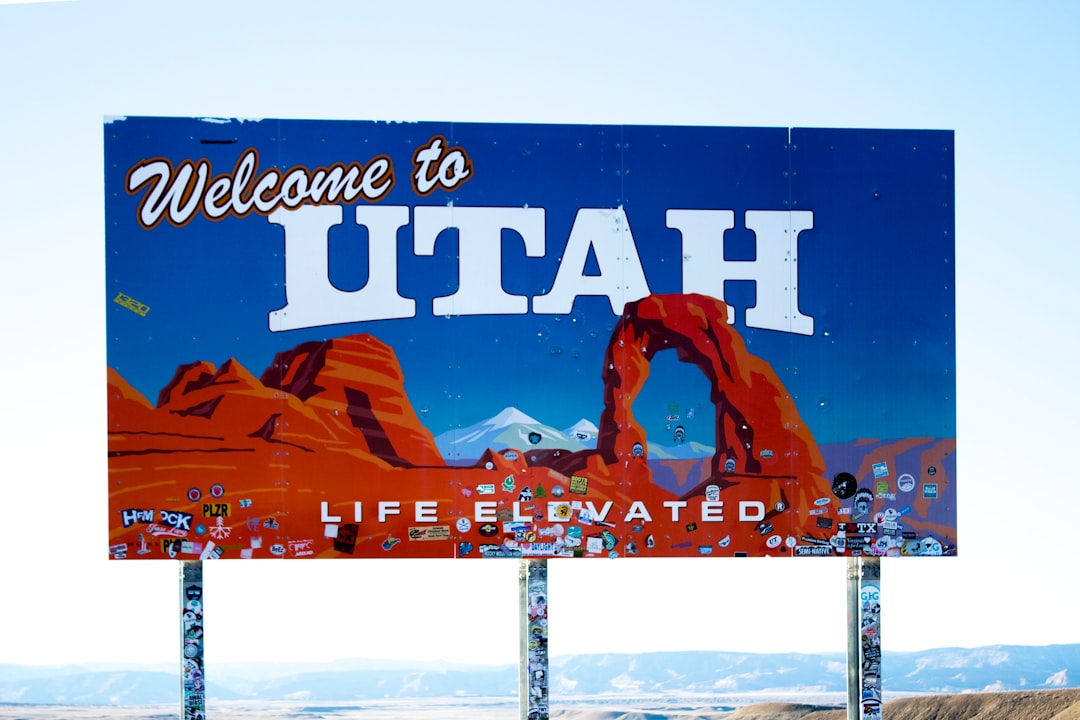Spam texts are a prevalent problem in Utah, with various forms like sales pitches, phishing attempts, and scams. Spammers use technology for bulk messaging at high population densities. Utah residents should stay informed, report suspicious messages to spam call law firms, and leverage state laws like TCPA and Utah's anti-spam regulations. Reporting spam texts is crucial, especially when they employ urgent messaging, spoofed numbers, or subtle variations to trick recipients. Law firms specializing in anti-spam initiatives play a vital role in combating unwanted communications, analyzing patterns, identifying content, and staying updated on spammer tactics under strict Utah legislation.
In the digital age, navigating a flood of unwanted text messages has become a common challenge. Sandy City residents often face an influx of spam texts, posing not only a nuisance but also potential risks. This article guides you through the intricate world of spam detection and reporting, offering insights into Utah’s anti-spam call laws and the role of legal firms in combating these persistent activities. Learn to identify patterns, report effectively, and stay protected in our modern, connected landscape.
Understanding Spam Texts and Their Prevalence in Utah

Spam texts have become a ubiquitous problem across Utah, with Sandy City being no exception. These unwanted messages, often promoting dubious services or products, are designed to bombard recipients en masse. They can take various forms, from sales pitches and phishing attempts to scam alerts and false job offers. Understanding the prevalence of spam texts in Utah is crucial for residents to recognize and report these nuisance calls, helping to protect themselves and their communities.
The proliferation of spam texts is fueled by advancements in technology that enable easy, anonymous, and bulk messaging. Many spammers target specific areas, including Sandy City, due to high population density and the potential for vulnerable targets. With a growing number of spam call law firms in Utah dedicated to combating this issue, it’s essential for residents to stay informed about current tactics and report suspicious messages to contribute to a safer digital environment.
Legal Framework: Anti-Spam Call Laws in Sandy City

In Sandy City, like across Utah and much of the United States, the fight against spam calls is regulated by state and federal laws. The Telephone Consumer Protection Act (TCPA) is a key federal law that restricts how businesses can use automated dialers and requires prior consent for telemarketing calls and texts. Utah has its own strict anti-spam call laws, further supplementing the TCPA to protect residents from unwanted communication. These laws not only outline penalties for non-compliance but also empower citizens to take action against persistent spam callers.
If you receive unsolicited or abusive text messages in Sandy City, it’s crucial to understand your rights and options under these spam call law firm Utah regulations. Reporting such calls to the Federal Trade Commission (FTC) or the Utah Attorney General’s Office is a vital step in combating spam. Your actions can help deter spammers and ensure that others are protected from similar unwanted messaging.
Identifying Common Spam Text Patterns and Techniques

Spam texts often employ recurring patterns and techniques to trick recipients into engaging or providing personal information. One common tactic is using short, urgent messages with a sense of urgency, such as “Win a Free Vacation!” or “Your Package is Here!” These attention-grabbing phrases are designed to prompt immediate action without thoughtful consideration.
Another prevalent pattern involves spoofing local numbers, making it seem like the message is from a trusted source within Sandy City. Spammers may also utilize subtle variations in spelling and grammar to evade detection by spam filters. Given that many spam calls originate from law firms in Utah, these texts might appear to be official notices or warnings, leveraging fear or curiosity to manipulate recipients into clicking links or revealing sensitive data.
Reporting Spam: Steps and Resources for Utah Residents

In Utah, including Sandy City, reporting spam texts is a crucial step in combating unwanted and fraudulent communications. The first step is to identify the spam message clearly. Look out for signs such as promotional content, unsolicited offers, or unfamiliar sender IDs. Once identified, Utah residents have several options to report these messages effectively.
The state’s public utilities commission provides dedicated resources for reporting spam calls and texts. Residents can forward the messages to 7726 (SPAM) from their mobile devices, a simple method that triggers investigation by authorities. Additionally, registering your number with the National Do Not Call Registry can help prevent future spamming attempts. Engaging a spam call law firm in Utah is also an option for severe cases, where legal action can be taken to deter persistent spammers.
The Role of Law Firms in Combating Spam Activities

Law firms play a pivotal role in combating spam activities, especially in areas like Sandy City, Utah, where persistent spam calls can pose significant challenges to residents. These legal experts are well-equipped to handle such issues due to their expertise in communication laws and consumer protection regulations. By specializing in anti-spam initiatives, law firms can offer valuable assistance to individuals and businesses affected by unwanted text messages or phone calls.
They employ various strategies to recognize and report spam, including analyzing call patterns, identifying suspicious content, and staying updated on evolving spammer tactics. Their involvement helps educate the public about potential risks and provides a legal framework for addressing these issues. Additionally, law firms can represent victims in taking proactive measures against spammers, ensuring that aggressive spam calls are halted and that individuals’ privacy is protected under Utah’s strict anti-spam legislation.






